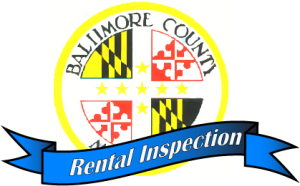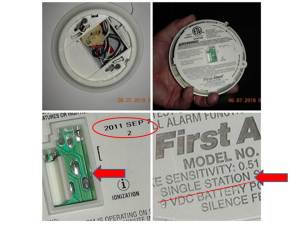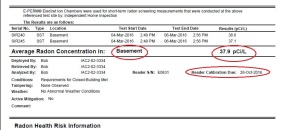There are two major classifications of real property in the United States today. The first and most familiar is the zoning classification written and enacted by the local government. The second and less widely known is the occupancy classification assigned by the locally adopted building codes.
Zoning classifications and legislation is passed by local municipalities to regulate land use within those areas. Classifications are added or dropped as needed and cover such uses as agriculture, manufacture, commercial (retail), or residential. More specific or more general classifications are adopted to cover changes in community development. In short, zoning is legislative classification to govern land use and dictates what you may build on a property.
Occupancy classifications govern building use. These classifications, adopted by local building code, stipulate what a building must include in its construction to satisfy various functions. A warehouse building has very different construction and use from a residence or an auditorium, a hospital from a retail space. These may change or overlap as communities grow and expand. Occupancy classification specifies how you must build it.
Land may be zoned for more than a single use as with business and residential areas. These are common in many communities as homes on the main thoroughfare that now house professional offices. The needs of each are different however and change dependent on the current use.
A professional office will be frequented by the general public on occasion and must have accommodations for public safety as well as handicapped access. An owner occupied residence at the same location and building has less stringent requirements. Occupancy classifications are assigned by the building codes in use at the time of construction or rehabilitation.
A third use for our example building above may be as a rental residence. This classification has different needs again from the two buildings described above. The building must now provide a safe environment for persons or families who have no financial interest in the property and may have a limited stay at this location.
When first constructed the home in the scenario above was a single family owner occupied residence. The International Building Code classifies this use as group R-3. As the community grew and the street adjacent to the property became the main thoroughfare the land use was re-zoned as Business/Residential. The building code now classifies the occupancy as group B (potential). Later this same property might be used as a single family rental accommodation. The building code considers this occupancy as group R-2. In each of the three examples above the same building needs to comply with three different occupancy classifications. The change from one occupancy classification to another is considered rehabilitation by the IEBC and requires suitable upgrades or changes to fit the new designation.





